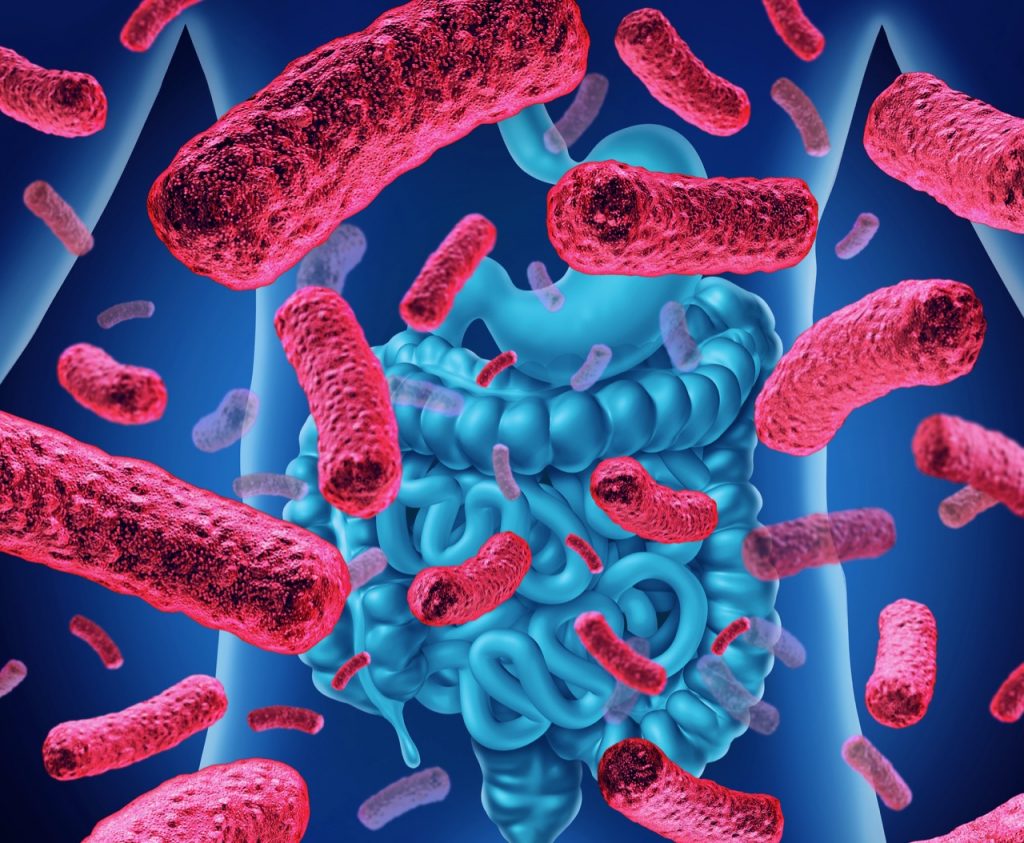Immune System and Aging
Unfortunately as we age, our immune function deteriorates, leaving us increasingly susceptible to various health issues such as cancer, autoimmunity, infections, and chronic inflammation. This process has been widely researched and commonly termed immune senescence.

There are various reasons why this happens but it seems to involve both the innate and adaptive immune systems.
The thymus, which is located behind the breastbone, is an organ that plays a key role in immune function. The thymus is where white blood cells called T lymphocytes (T cells) mature. The thymus begins to shrink when we are young adults. By middle age it is only about 15 percent of its maximum size.
Some T cells kill antigens directly. Others help coordinate other parts of the immune system. Unfortunately with age T-cell function decreases. As the thymus gland shrinks there are decreased numbers of naïve T cells, or cells that can easily be activated to recognize and respond to diseases like the flu and cancer. At the same time there is an increase in numbers of senescent memory T cells that have lost their ability to divide and function properly and instead release pro-inflammatory molecules. This explains why long term systemic inflammation is often more common with age.
Macrophages (white blood cells that ingest antigens) also don’t function as optimally. There is also a decreased activity of Natural Killer Cells which can increase the risk of infections.
As we age there are fewer white blood cells capable of responding to new antigens. The amount of antibodies produced in response to an antigen is less in older people, and the antibodies are less able to attach to the antigen. These changes may partly explain why pneumonia and influenza are more common and more serious among older people.
Later in life, the immune system also seems to become less tolerant of the body’s own cells. When this happens it can result in an autoimmune disorder (e.g coeliac, lupus, Hashimotos, Rheumatoid arthritis).
It is also worth mentioning that disruption in the balance of our gut microbiota can increase inflammation, lead to infection, and contribute to disease development. Clinical trials have shown probiotics can enhance immune function in the elderly, potentially reducing the frequency and severity of infectious diseases.

There is much we can do to maintain a healthy immune system with age. The food we put on our plates plays a key role. In a 2014 review of 17 clinical trials, it was shown that a Mediterranean style of eating was associated with significantly reduced levels of interleukin (IL)-6 and high-sensitivity C-reactive protein, two important markers of inflammation.
Exercise is equally important. Regular moderate-intensity exercise can strengthen resistance to infection and improve immune system function. Avoid overtraining however has this can have the reverse effect.

Focus on managing stress as well. Chronic stress causes dysregulation of innate and adaptive immune responses by promoting persistent systemic inflammation and suppressing immune cells.
Lack of sleep can weaken immune function and increase susceptibility to respiratory infections, including the common cold. It also directly affects regulatory T cells and other cells of the adaptive immune system, as well as reduced numbers of NK cells and T and B cells.

Ensuring optimal levels of key nutrients in your diet can support a healthy immune system as we age. These include zinc, selenium, vitamins C, E, D and A. There are also a number of additional nutrients that have been demonstrated to support overall immune function including N-acetylcysteine (NAC), whey protein, DHEA, Reishi, Beta-glucans, Colostrum and Lactoferrin, and the Chinese herb Andrographis. Read more about anti-viral support on our blog here. For further information on immune health see this blog.

